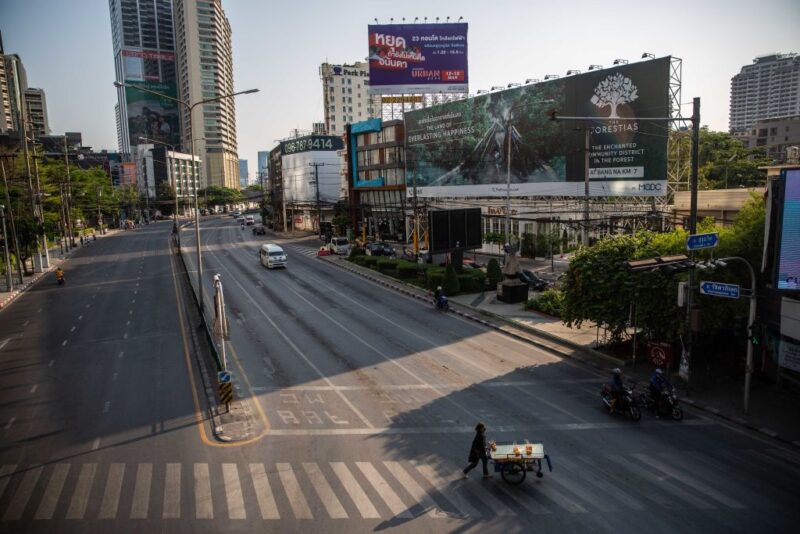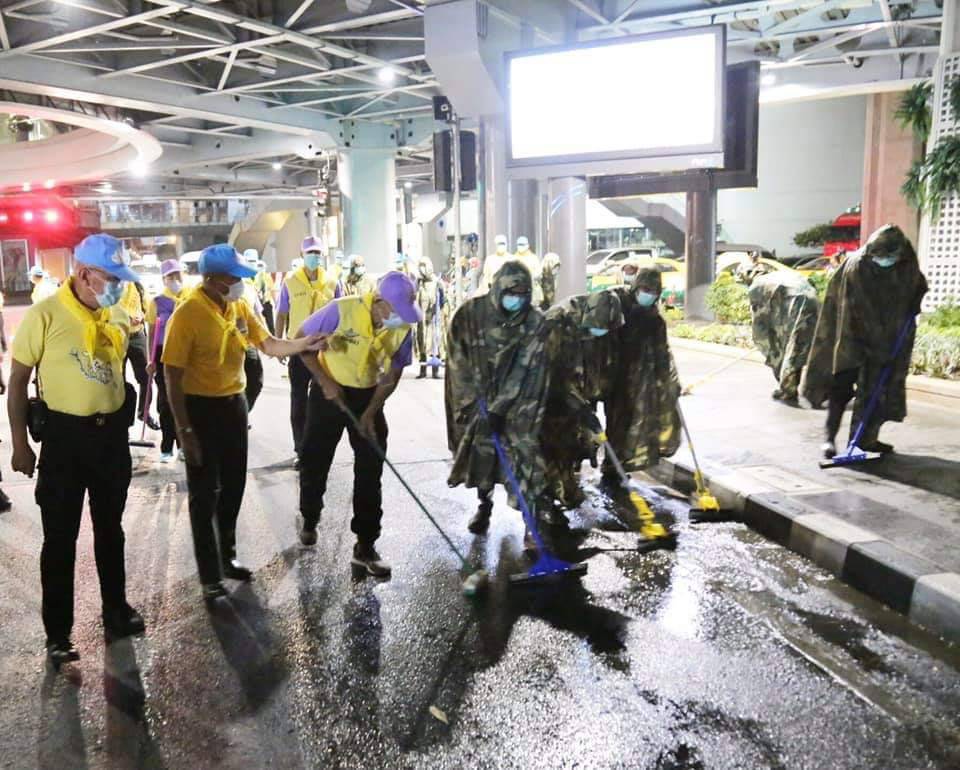TapestryWorks’ partner agency Eye-to-Eye have been conducting research on the impact of Covid-19 and the lockdown in Indonesia (locals call it PSBB which stands for Pembatasan Sosial Berskala Besar). Previous qualitative research showed that this was a time of confusion and a need for self-expression (read more here). Eye-to-Eye have since conducted a quantitative survey to clarify, using StoryWorks visual cards to map emotions as well as more standard questions developed from the qualitative findings.
The online survey was fielded from 4-7 May with 674 participants, shared through different social media channels. More than half of participants are working, with students, housewives and small business owners also included. The majority are from Greater Jakarta, with two-thirds female and one-third male.
Acceptance with Reluctance
Community is bound to a feeling of security, and PSBB means both security and certainty along with the stress of coping without important social connections. The most positive aspect for Indonesians is the ability to spend more time with their family (77%), coming far ahead of the ability to spend more time on hobbies, interests, and learning.
People are very focused on adapting to new circumstances, and this is also bringing them closer together to help each other out. Although feelings of boredom are common, but there is always a bright side with bursts of laughter, happiness, and optimism. However, the inability to express themselves through normal interactions creates frustrations and tensions.
“Stop complaining, it’s the same for everyone”
These feelings are captured implicitly by StoryWorks® which show high levels of negative sentiment, especially related to this motivation (not usually an important motivation for Indonesians). Even though people feel bad, that doesn’t always get expressed directly. This has also been coming through in the conversations that can be seen on social media.
People are feeling bad but society frowns on expressing these feelings. There are clearly many negative feelings being generated by the current situation, but many people feel unable to express them openly. This is also an important reason why self-expression (and the inability to fulfil that need) is such an important motivation at the moment. In recent global work on the impact of Covid-19, it was noticeable that Asian countries expressed much less negativity and denial about the situation. Our findings suggest that this doesn’t mean that they don’t exist, but rather that they are suppressed.
Stress is very Real
Being stuck at home creates many stresses. For workers, it can be difficult to coordinate with your team. For students, learning from home can feel challenging and unproductive and many feel this is now a one-way process. With everyone at home all the time, there is greater potential for domestic conflict. Students and young adults are particularly hard hit feeling overwhelmed with things to do.
For older people, ensuring a healthy diet (54%) and working from home (45%) are the biggest challenge. They also feel there is more (not less) to do than usual and feel pressure to prevent domestic conflicts as well as more mundane concerns about stability of internet connections. Digital innovation is an enabler, but also creates more challenges, so brands that can simplify their lives are appreciates (for example, ABC with online shopping via WhatsApp).
As always, there is a Positive side
Despite their negative feelings, people believe something good will come from this. They just don’t know what form this will take, as adapting to new ways of living is still very much ‘trial and error’. People are actively trying to change, bringing triumphs as well as frustrations.
Looking forward to life after PSBB, freedom, belonging and enjoyment of life are still important needs. However, despite this there still remains some pessimism about the future, more than usual in Indonesia, especially among the youngest groups. 20-24 year olds are the most pessimistic about the future, at a life stage where they were looking forward to their first job and leaving home.
Community gives people Strength
Indonesians believe that togetherness will save the day and shape the future. Brands can take advantage of this, with empathy and appreciation of the culture of community in Indonesia. This requires warmth and a feeling of solidarity and support rather than setting yourself apart from other people and other brands.
The biggest concern from the survey is the impact on the youngest people, struggling from the restrictions of being stuck at home and its impact on their learning (and potentially their future prospects). Brands targeted at younger consumers need to be very aware of these concerns and be prepared to connect with them emotionally rather than focusing on the usual lifestyle messages. The impact of the pandemic and lockdown are very real, and brand communications should reflect this reality.
Many local businesses are Thriving
Many small and medium businesses have grown during PSBB, providing replacements for people’s usual practices of shopping in traditional markets and eating outside. They have been using Facebook, Instagram, WhatsApp, and other social media to connect with people, providing high levels of comfort and security through personal contact. This local connection gives them a big advantage over big brands, at least for now, with a sense of connection and support for the local community. Buying local helps your neighbours and friends.
Individually such businesses are too small to have any impact on larger brand’s market share, but collectively they may be changing the way people buy, by building emotional connections. They also have a more intimate understanding of the needs of their customers, including their stretched budgets and need for security and safety. They also offer simple and transparent solutions with personal communication
Brands need to think Differently
Covid-19 is the most serious pandemic that modern Indonesia has faced, with far more impact than previous diseases. The impact has created a strong emotional reaction from Indonesians, who are dealing with the personal and economic impact on their lives as well as the mental stress that it is clearly causing. Brands need to approach people differently if they want to create the right emotional connection, starting with an understanding of its emotional toll. There are three key lessons for brands.
- The need for self-expression is a symptom of the mental stress people are feeling, but that does not mean the solution is focused on individuals. Brands need to reflect the importance of community spirit, use warmth and empathy, and connect with local cultural truths.
- Customers have less spending power and will be more realistic in their aspirations, focusing on simple, no-fuss solutions. Brands need to focus on being transparent, clear about their benefits and ensure customer’s health and safety.
- Looking forward, mental health will become more important than the immediate physical health concerns. Brands need to help people cope with the aftermath, simplify their lives, and help them to cope with new challenges, whether that’s through technology, innovation or basic human empathy.
[You can find more about Eye-to-Eye’s work here.]







Why Opening Up Is Making Indonesians Feel Trapped and Angry, and Why Brand Empathy is More Important Than Ever (with Riri Rustam) – TapestryWorks
[…] Eye-to-Eye, TapestryWorks’ agency partners in Indonesia, have conducted another round of research to gauge sentiment among consumers after the lifting of PSBB (lockdown). The results make for sober reading and reflect the reality that while people are now more free to go about their daily lives as normal, the reality is that people feel more trapped than ever. You can read about earlier research here and here. […]
From Confusion to Frustration to Anger: A Pandemic Case Study from Indonesia (with Riri Rustam & Craig Griffin) – TapestryWorks
[…] can find more details of Eye-to-Eye here and more details of the three research waves here, here and […]